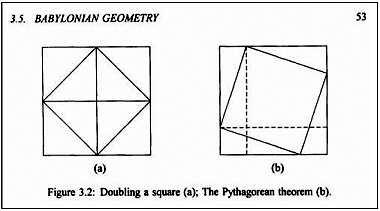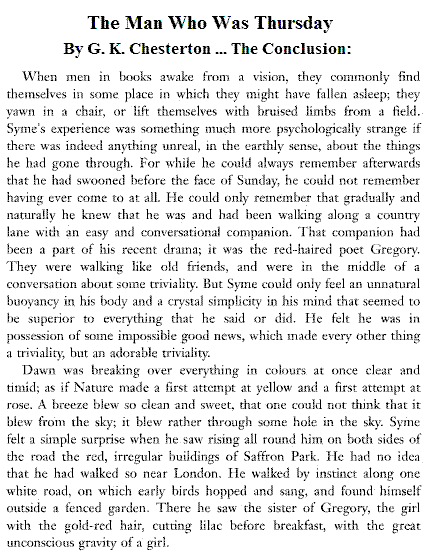From the current index to obituaries at Telegraph.co.uk—

Teufel is also featured in today's New York Times—
"Mr. Teufel became a semicelebrity, helped in no small part by his last name, which means 'devil' in German."
From Group Analysis , June 1993, vol. 26 no. 2, 203-212—
The Problem of Good and Evil
by Ronald Sandison, Ledbury, Herefordshire HR8 2EY, UK
In my contribution to the Group Analysis Special Section: "Aspects of Religion in Group Analysis" (Sandison, 1993) I hinted that any consideration of a spiritual dimension to the group involves us in a discussion on whether we are dealing with good or evil spirits. But if we say that God is in the group, why is not the Devil there also? Can good and evil coexist in the same group matrix? Is the recognition of evil "nothing but" the ability to distinguish between good and bad? If not, then what is evil? Is it no more than the absence of good?
These and other questions were worked on at a joint Institute of Group Analysis and Group-Analytic Society (London) Workshop entitled "The Problem of Good and Evil." We considered the likelihood that good and evil coexist in all of us, as well as in the whole of the natural world, not only on earth, but in the cosmos and in God himself What we actually do with good and evil is to split them apart, thereby shelving the problem but at the same time creating irreconcilable opposites. This article examines this splitting and how we can work with it psychoanalytically.
This suggests a biblical remark—
"Now there was a day… when the sons of God
came to present themselves before the Lord,
and Satan came also among them."
— Job 1:6, quoted by Chesterton in The Man Who Was Thursday
Sandison died on June 18. See the Thursday, August 5, Log24 post "The Matrix."
Teufel died on July 6. See the Log24 posts for that day.
The title of this post, "rift designs," refers to a recurring theme in the July 6 posts. It is taken from Heidegger.
From a recent New Yorker review of Absence of Mind by Marilynne Robinson—
"Robinson is eloquent in her defense of the mind’s prerogatives, but her call for a renewed metaphysics might be better served by rereading Heidegger than by dusting off the Psalms."
Following this advice, we find—
"Propriation gathers the rift-design of the saying and unfolds it in such a way that it becomes the well-joined structure of a manifold showing."
— p. 415 of Heidegger's Basic Writings , edited by David Farrell Krell, HarperCollins paperback, 1993
"Das Ereignis versammelt den Aufriß der Sage und entfaltet ihn zum Gefüge des vielfältigen Zeigens."
— Heidegger, Weg zur Sprache









